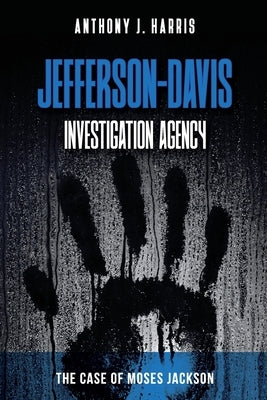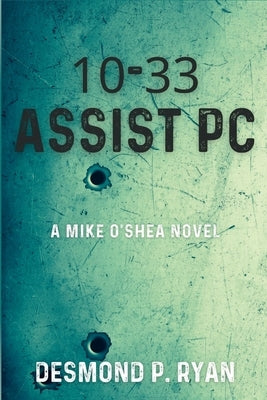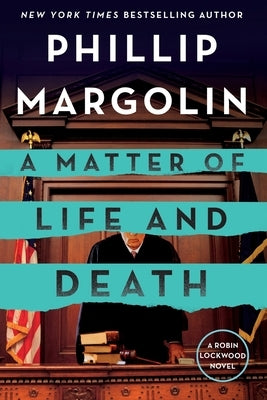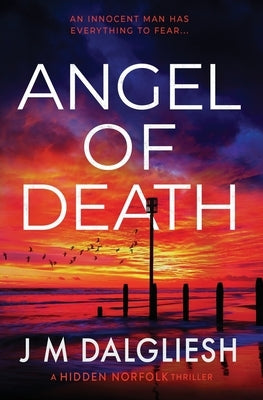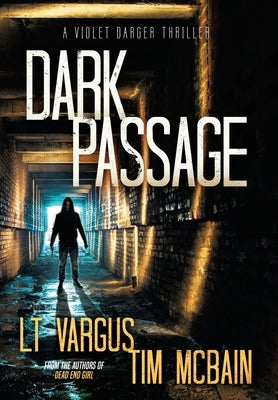Longmire: The Complete Series (DVD)
$29.99
$79.99
Agatha Christie's Poirot: Complete Series (DVD)
$44.99
$89.99
Foyle's War: Complete Series (DVD)
$39.99
$99.99
Little Tangled Webs
$15.99
Killing Sarai
$16.84
Lest We Forgive
$14.95
The Devil Stone
$18.00
Italian Rules
$17.99
The Drowning Place
$16.99
Prizzi's Honor
$17.99
Shadow Drive
$26.99
Wake
$18.99
Angel of Death
$14.99
Shadow of Death
$38.99
Breaking
$9.99
The Messenger
$27.95
Private Moscow
$40.00
Punishment
$17.99
Manhattan Manhunt
$15.95
The Daughter of Time
$14.99
The Evidence Next Door
$6.25
Crime and Punishment
$29.97
Hope to Die
$24.99
Die Laughing
$29.99
Dark Passage
$35.99
Renegade
$14.99
Dying Fall
$17.95
The Secret of Elizabeth
$17.99
The Dark Side of the Road
$16.00








